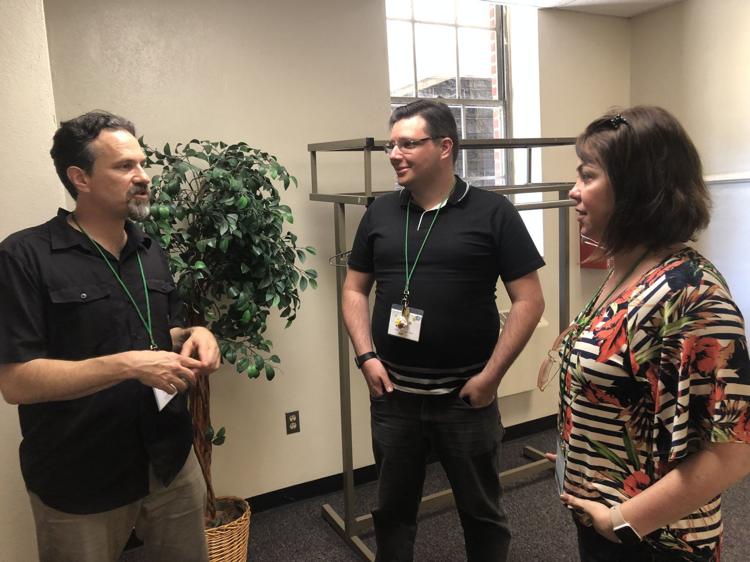Danielle Arle has prosecuted thousands of crimes over her 27-year career in Belo Horizonte, Minas Gerais, Brazil.
From her experience, the 49-year-old said the current method of criminal justice — to strictly punish offenders — is flawed.
“It doesn’t work,” Arle said. “It just takes people to prison. It doesn’t meet anyone’s needs — including the victim.”
Restorative justice is an alternative to the traditional criminal justice system. Instead of strictly looking to punish an offender, the program’s goal is to address needs of victims, offenders and the community at large to resolve a crime.
A mediator, offender and victim discuss the effects of the harm done by the crime and create a resolution. Both the victim and offender must agree to participate.
Arle is among roughly 50 lawyers and judges in Harrisonburg for two weeks of courses. The group will conclude lessons this week.
Bill Goldberg, the institute’s director, said interest among Brazilians in restorative justice began after retired EMU professor Howard Zehr — known as the grandfather of restorative justice — presented several lectures in Brazil over the past few years.
A handful visited EMU two years ago and word quickly spread in Brazil.
“All of a sudden, they had 50 on a waiting list,” Goldberg said. “Their criminal justice system is looking for change. They’re really pushing restorative justice.”
“The system is so much retributive,” he said. “We need to listen to all the parties”
Arle said many victims prefer restorative justice. “They want to be heard,” she said. “They want to have a voice. They need to have a voice.”
